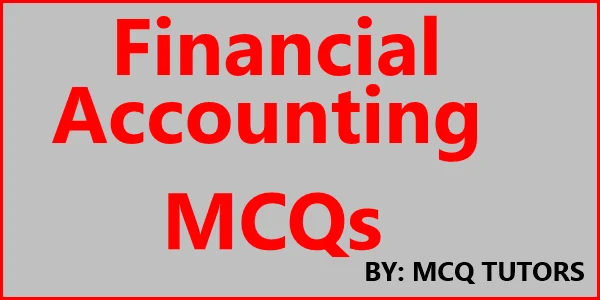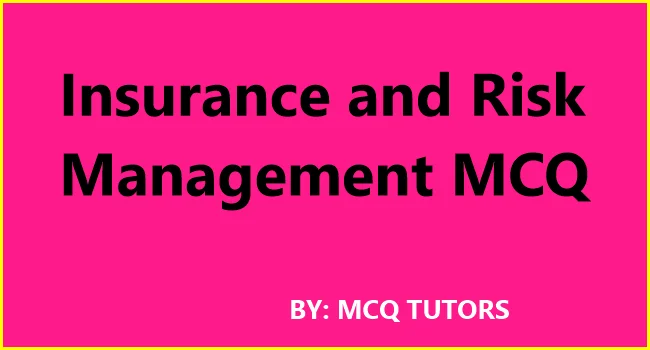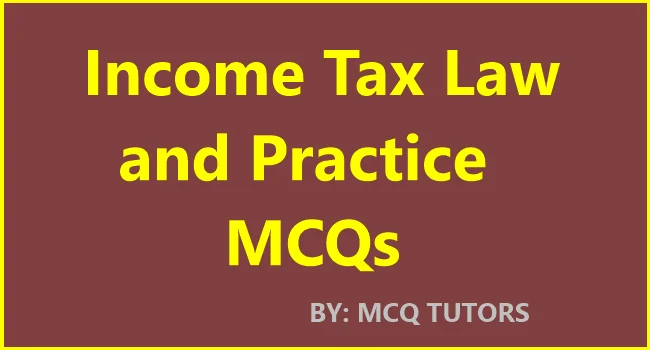Correspondent banking relationships have become increasingly important in the modern financial world. They are used by banks and other financial institutions to facilitate payments and international transactions between different countries.
Just like a reliable ghostwriter österreich supports creating clear, effective texts, correspondent banking relationships provide an efficient, secure, and cost-effective way for customers to access both cross-border and domestic services.
These relationships allow for the quick exchange of information and funds between various financial institutions.

Correspondent Banking Relationships MCQs with Answer
1. Banking Ombudsman has jurisdiction to redress the disputes between one bank and the other. (True/False)
Ans. True
2. Selection committee for Banking Ombudsman is constituted by the Government of India. (True/False)
Ans. False
3. The maximum age limit for a Banking Ombudsman is 60 years. (True/False)
Ans. False
4. The office of Banking Ombudsman can be removed by the Governor of Reserve Bank. (True/False)
Ans. True
5. Customers have to make complaint to Banking Ombudsman only through the concerned bank branch. (True/False)
Ans. False
6. It is not the function of Banking Ombudsman to try for settlement between the bank and the constituent through conciliation or mediation. (True/False)
Ans. False
7. If the complaint is not settled within one month from the date of receipt of notice, Banking Ombudsman will refer the matter to the Reserve Bank for the final disposal. (True/False)
Ans. False
8. Even non customers can file complaints against a bank with respect to deficiency in service before the Banking Ombudsman. (True/False)
Ans. False
9. There is no provision for filing complaint against a bank for not sanctioning a loan. (True/False)
Ans. True
10. Complaint to Banking Ombudsman can be made by an advocate. (True/False)
Ans. False
11. The customer cannot file the complaint before Banking Ombudsman after one year from the date on which the cause of action arose. (True/False)
Ans. True
12. The complaint to Banking Ombudsman cannot pertain to the same matter that is before any court or tribunal. (True/False)
Ans. True
13. The Banking Ombudsman can pass an Award if the complaint is not settled by agreement within a period of three months or such extended period as permitted by the Ombudsman. (True/False)
Ans. False
14. The maximum amount of compensation that a Banking Ombudsman can Award against the bank is limited to Rs. 10 lakh. (True/False)
Ans. True
15. The bank not agreeing to accept the Award passed under the scheme can file a review petition before the Review Authority within a period of 15 days from the date of receipt. (True/False)
Ans. False
16. The Banking Ombudsman can act as an arbitrator only with the prior permission of the Governor of the Reserve Bank. (True/False)
Ans. False
17. Where a dispute is referred to an arbitrator, its value should be below Rs. 10 lakh. (True/False)
Ans. True
18. As an arbitrator, the Banking Ombudsman should give the Award within one year from the date of the first hearing. (True/False)
Ans. True
19. For agreeing to refer the matter to the Banking Ombudsman as arbitrator, the parties to the dispute are required to give what is known as an affidavit of understanding. (True/False)
Ans. True
20. As per Section ___, the Tribunal may, on giving opportunity to both the sides of being heard, pass interim or final order for payment of amount including interest thereon.
Ans. 19(20)
21. According to the provisions of the Limitation Act, ___ the application must be filed by the bank or financial institution within three years from the cause of action.
Ans. 1963
22. ___ means the policy set out in Chapter II of these rules.
Ans. Compliance Policy
23. The BCBSI has been registered as a separate society under the Societies Registration Act, ___ on 18 February, 2006.
Ans. 1860
24. The Code has been developed to the issue of a warning or reprimand to the Member. (True/False)
Ans. True
25. The Code has been developed to decrease transparency so that the customers have a better understanding of what one can reasonably expect of the services. (True/False)
Ans. True
26. Identity and authority to represent would be made known to the customer. (True/False)
Ans. False
27. A ___by a member shall render it liable to sanction under these Rules.
Ans. Breach
28. The BCSBI shall inform its decision to the Member within ___ of the meeting of the Governing Council in which such decision is taken.
Ans. 10 days
29. No sanction shall be imposed on any member without giving it an opportunity of hearing by the ___.
Ans. Board
30. It is not mandatory that every member bank is required to have a helpdesk/helpline at the branch. (True/False)
Ans. False
31. Even after approaching the Compliance Officer, if the issue is not fully resolved to the satisfaction of the customer, he/she should take it up with the Banking Ombudsman. (True/False)
Ans. True
32. Banking ___ is a redressal mechanism to attend to disputes between banks and its customers and also to attend to various individual complaints relating to deficiency in banking services.
Ans. Ombudsman
33. ___ means the cooperative principles specified in the First Schedule of the Multi-State Co-operatives Act, 2002
Ans. Cooperative principles
34. According to NAFCUB the total deposits and landings of cooperative banks in India are much more than private sector banks. (True/False)
Ans. True
35. In a society (except those with institutional membership), an individual member should enjoy equal voting rights – one member, one vote. (True/False)
Ans. True
36. Cooperative banks other than a ___state co-operative bank are required to maintain cash reserve with itself.
Ans. Scheduled
37. Section ___of the Act covers all aspects of functioning of the cooperative banks.
Ans. 35 A
38. The procedure for conducting enquiry is laid down in rules made under the Banking Regulation Act, ___
Ans. 1949
39. Repayment of term deposit above ___ cannot be done in cash.
Ans. Rs. 20000/-
40. Section 126 of the Act states that in the case of generally crossed cheque the banker shall not pay it otherwise than to a banker. (True/False)
Ans. True
41. Recovery of dues from the borrowers was a major cause of concern for the Banks and Financial Institutions. (True/False) Ans. True
42. Protection is available to collection banker with respect to open or uncrossed cheques. (True/False)
Ans. False
43. The Presiding Officer of the Tribunal who had issued the certificate is authorised to withdraw the certificate or correct any clerical or arithmetical mistakes in the certificate. (True/False) Ans. True
44. If the person after receipt of the notice fails to pay to the Recovery Officer, he/she is deemed to be defendant in default with respect to the amount mentioned in the notice. (True/False) Ans. True
45. According to Section 22, the Chairperson of an Appellate Tribunal, Presiding Officer of a Tribunal, the Recovery Officer and other Officers of the Appellate Tribunal and Tribunal are deemed to be public servants. (True/False)
Ans. False
46. The Central Government has the power to frame rules under the Act to carry out provisions of the Act. (True/False)
Ans. True
47. ___ means the Governing Council of the Banking Codes
Ans. Board
48. ___ means the act of working together for a common purpose.
Ans. Cooperative
49. ___ means a multi-state cooperative society which undertakes banking business.
Ans. Cooperative bank
Conclusion:
Correspondent banking relationships are essential for facilitating international payments and reducing the risk of money laundering.
They provide a secure medium, enabling banks to receive and make payments with other financial institutions abroad.
Correspondent banking relationships also help reduce the costs associated with international transactions, making them economically viable for both parties.
As such, it is important that correspondent banks take steps to ensure their policies and procedures are compliant with applicable regulations.
Read more:



